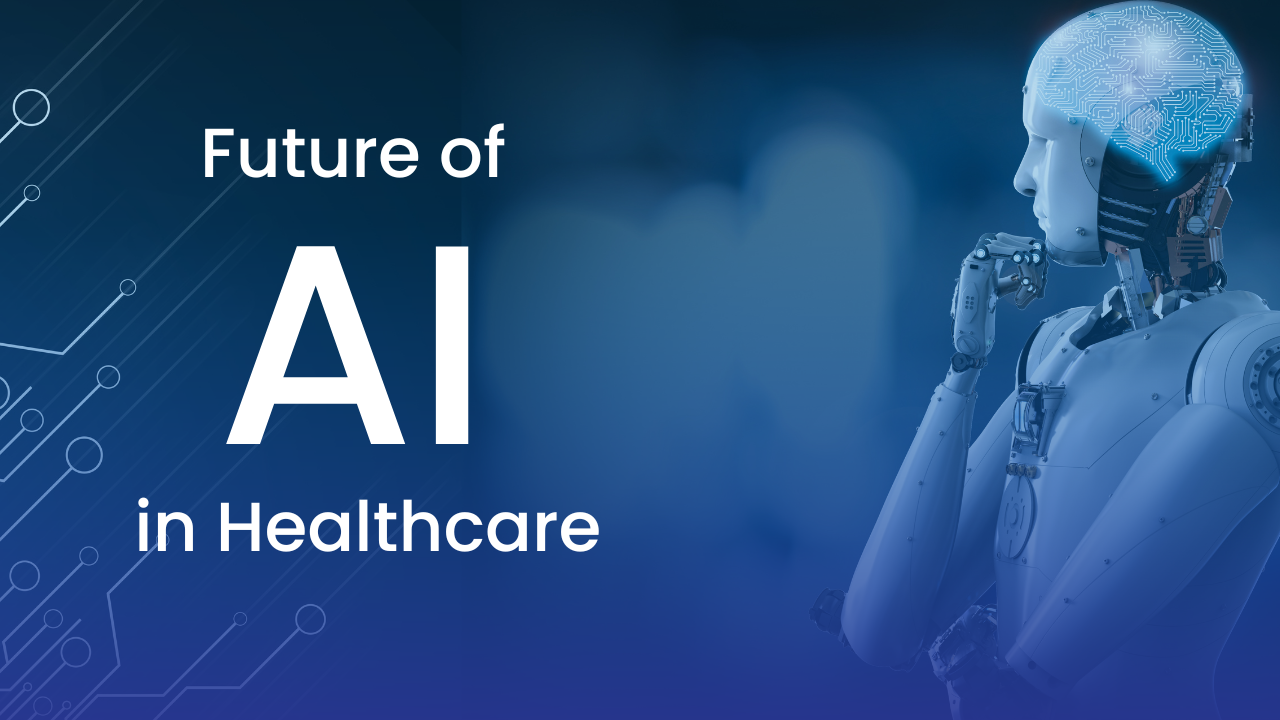

The Future of AI in Healthcare Diagnostics: Revolutionizing the Way We Diagnose Diseases
Artificial intelligence (AI) has been transforming various industries, and healthcare is no exception. The integration of AI in healthcare diagnostics has the potential to revolutionize the way diseases are diagnosed, treatment plans are developed, and patient outcomes are improved. The use of AI in healthcare diagnostics is still in its early stages, but the possibilities are vast and exciting.
Current Challenges in Healthcare Diagnostics
The current healthcare diagnostic system is often plagued by inefficiencies, inaccuracies, and inequalities. Medical professionals face numerous challenges, including:
- Data Overload: The sheer volume of medical data generated daily is overwhelming, making it difficult for healthcare professionals to analyze and interpret.
- Diagnostic Errors: Human error is a significant contributor to diagnostic mistakes, which can have devastating consequences for patients.
- Limited Resources: Healthcare systems face resource constraints, including shortages of skilled professionals, equipment, and infrastructure.
- Disparities in Care: Access to quality healthcare is not universal, leading to healthcare disparities and inequities.
How AI Can Address These Challenges
AI has the potential to address these challenges and transform healthcare diagnostics in several ways:
- Data Analysis: AI algorithms can swiftly process and analyze vast amounts of medical data, identifying patterns and insights that may elude human clinicians.
- Accurate Diagnoses: AI-powered diagnostic tools can reduce the risk of human error, providing more accurate diagnoses and improving patient outcomes.
- Streamlined Workflows: AI can automate routine tasks, freeing healthcare professionals to focus on more complex and high-value tasks.
- Personalized Medicine: AI can help tailor treatment plans to individual patients, taking into account their unique genetic profiles, medical histories, and lifestyle factors.
Applications of AI in Healthcare Diagnostics
AI is being applied in various ways to improve healthcare diagnostics, including:
- Medical Imaging: AI-powered algorithms can analyze medical images, such as X-rays and MRIs, to identify abnormalities and assist in diagnoses.
- Genomics and Proteomics: AI can help analyze genomic and proteomic data to identify genetic markers and predict disease risk.
- Disease Detection: AI-powered diagnostic tools can detect diseases, such as cancer, diabetes, and cardiovascular disease, at an early stage, when they are more treatable.
- Chatbots and Virtual Assistants: AI-powered chatbots and virtual assistants can help patients navigate the healthcare system, provide support, and facilitate remote consultations.
Success Stories and Case Studies
Several success stories and case studies demonstrate the potential of AI in healthcare diagnostics:
- Google’s LYNA (Lymph Node Assistant): An AI-powered system that can detect breast cancer from mammography images with a high degree of accuracy.
- DeepMind’s AI-powered Eye Scanner: A system that can detect eye diseases, such as diabetic retinopathy, with the same level of accuracy as human clinicians.
- IBM’s Watson for Oncology: An AI-powered platform that analyzes large amounts of cancer data to provide personalized treatment recommendations.
Challenges and Limitations of AI in Healthcare Diagnostics
While AI has the potential to transform healthcare diagnostics, there are challenges and limitations to consider:
- Data Quality and Integrity: AI algorithms are only as good as the data they are trained on, and poor-quality data can lead to inaccurate results.
- Regulatory Frameworks: The regulatory environment for AI in healthcare is still evolving and requires clarification and standardization.
- Explainability and Transparency: AI decision-making processes can be opaque, making it challenging to understand the reasoning behind diagnostic decisions.
- Ethical Considerations: AI in healthcare raises ethical concerns, such as bias, privacy, and accountability.
Future Directions and Opportunities
The future of AI in healthcare diagnostics holds vast opportunities, including:
- Integration with Wearable Devices: AI-powered analysis of wearable device data can provide real-time insights into patient health.
- Predictive Analytics: AI algorithms can predict disease risk, allowing for early interventions and preventive measures.
- Personalized Medicine: AI can help tailor treatment plans to individual patients, taking into account their unique characteristics and needs.
- Global Health Equity: AI can help address healthcare disparities by providing access to quality healthcare in underserved regions.
Conclusion
The integration of AI in healthcare diagnostics has the potential to revolutionize the way diseases are diagnosed, treatment plans are developed, and patient outcomes are improved. While challenges and limitations exist, the opportunities are vast and exciting. As AI continues to evolve and mature, it is essential to address the challenges, ensure responsible development, and prioritize patient-centered care. The future of AI in healthcare diagnostics is bright, and it holds the promise of transforming healthcare for the better.




